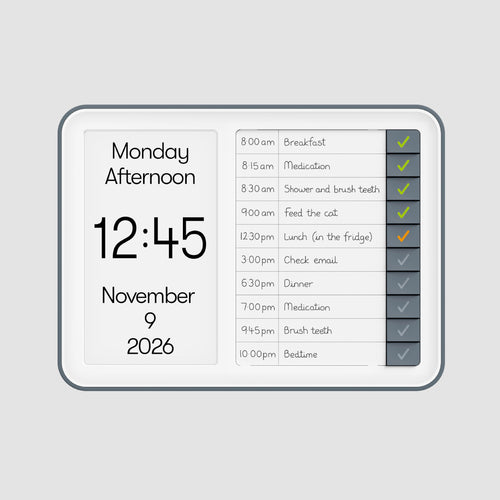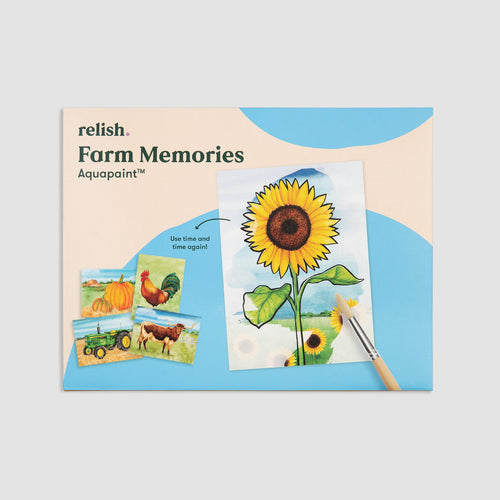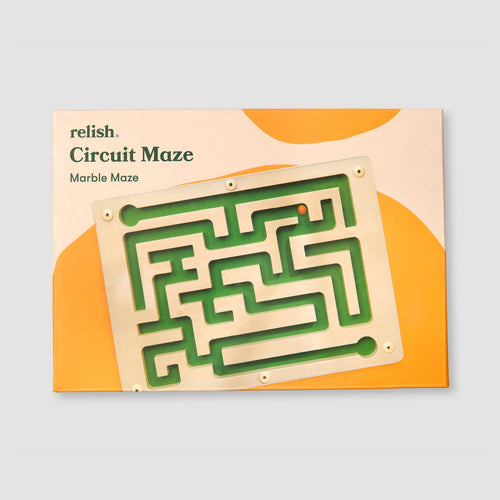Having a family member with dementia can be hard enough to navigate, and adding in the pandemic makes activities all that more difficult to do. Dementia itself does not put people at higher risk for COVID-19, but those commonly affected are elderly, which is a high-risk factor for contracting the illness. Therefore, the elder community is advised to stay home (or indoors) when they can, and keep socialization to a much smaller inner-circle comprised mainly of immediate family or close relations. However, communication and interaction is integral for the wellbeing of people living with dementia, and there are many ways to engage a person with dementia when at home.
Whether you are a family member or caregiver, indoor activities for people with dementia can be done safely without risk to a person’s health. What’s more, even the smallest and simplest of projects will mitigate risk of boredom and frustration that could lead to anxiousness in those with dementia. A sample of engaging activities that engage people with memory loss and cognitive challenges that can be achieved individually or in a group setting are as follows:
**Puzzles - **Puzzles are a common and enjoyable pastime that have proven to not only be fun, but healthy for people with memory loss. There are puzzles developed specifically for the dementia and Alzheimer’s communities, that come in a multitude of difficulty levels, and specifically designed for every stage of dementia. Jigsaw puzzles are cognitively stimulating and are ideal activities for exercising the brain.
**Painting – **Flexing ones artistic muscles can be a gateway to happiness. For those individuals living with dementia that at one time or another enjoyed creating and innovating through art, various painting activities for people living with dementia can fill a void like no other. From challenging paint by numbers, to simple water revealing designs, allowing one to use brush strokes to fulfill a passion to create not only results in a work of art, but also supports manual dexterity and provides a sense of independent accomplishment when completing and a picture on their own.
**Crafts – **Similar to painting, simple crafts designed for people living with dementia keep the creative juices flowing while working fingers and hands to improve coordination. And, much like puzzles, crafts can be challenging and offer a feeling of accomplishment when you sit back and look at what you’ve achieved. However, crafts can also evoke emotional ties that can be lost with memory impairment. Whether scrapbooking with old photos, or creating memory boxes that keep yester year top of mind, using pictures, saved items, heirlooms, and family treasures all people with dementia to maintain a connection to what they hold near and dear to their hearts. These engaging craft activities are best enjoyed together and can be used to stimulate conversations and meaningful communication that is, in and of itself, an enjoyable activity to connect with people living with dementia.
Think about activities your loved ones with dementia enjoyed before the challenges of memory loss. Parlay those ideas into ways that can be incorporated into daily life to continue to have them experience joy and a zest for living. Stave off feelings of isolation through communication, engagement, and hobbies that can be completed indoors with loved ones.
Relish develops products and activities that aim to bring joy and connection to people with dementia and their care-givers. Make meaningful connections. Visit www.relish-life.com and find ways to enjoy every moment with people living with Lewy body and other forms of dementia.






















